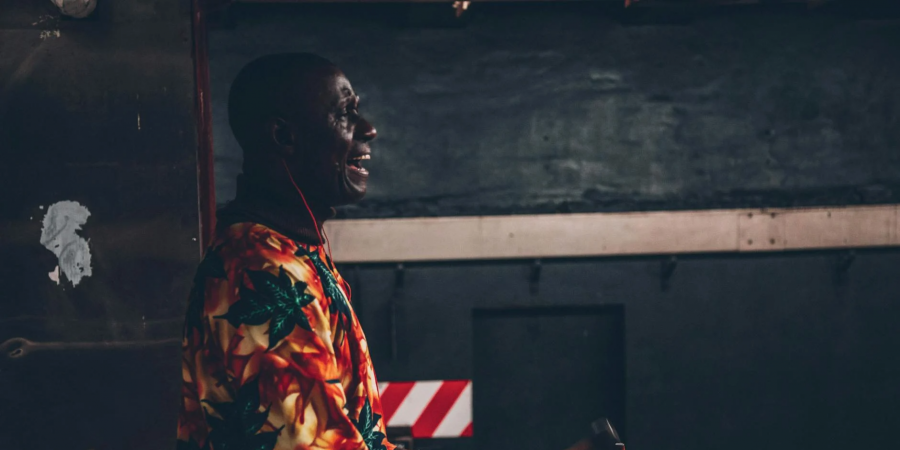

Exploring the Dark Side of Africa: Unveiling Myths and Realities
Africa, often romanticized for its rich cultural heritage, breathtaking landscapes, and diverse wildlife, also harbors a darker side often overlooked by mainstream narratives. While it’s essential to celebrate Africa’s beauty and resilience, it’s equally crucial to acknowledge the challenges faced by many of its inhabitants. Let’s delve into some of the aspects that comprise the dark side of Africa, shedding light on the complexities beneath the surface.
1. Political Instability
Africa has seen its fair share of political turmoil, with conflicts fueled by factors such as ethnic tensions, post-colonial legacies, and resource exploitation. From civil wars to authoritarian regimes, many African nations struggle with governance issues, hindering progress and development.
2. Corruption
Corruption remains a significant impediment to Africa’s growth. Rampant bribery, embezzlement of public funds, and lack of transparency in governance contribute to widening economic disparities and erode trust in institutions.
3. Poverty and Inequality
Despite being rich in natural resources, a large portion of Africa’s population lives below the poverty line. Economic inequality is stark, with wealth concentrated in the hands of a few while many struggle to access basic necessities like clean water, education, and healthcare.
4. Human Rights Violations
Human rights abuses, including discrimination, child labor, human trafficking, and gender-based violence, continue to plague certain regions of Africa. These violations not only undermine individual freedoms but also hinder social progress and cohesion.
5. Healthcare Challenges
Africa faces significant healthcare challenges, including widespread diseases such as HIV/AIDS, malaria, and tuberculosis. Limited access to healthcare facilities, inadequate infrastructure, and insufficient medical resources exacerbate these issues, leading to preventable suffering and loss of life.
6. Environmental Degradation
Deforestation, pollution, and climate change pose significant threats to Africa’s environment and biodiversity. Unsustainable practices, coupled with rapid urbanization and industrialization, contribute to ecological imbalances with far-reaching consequences for both people and wildlife.
7. Cultural Erosion
Globalization and modernization have led to the erosion of traditional cultures and languages in many parts of Africa. Western influences, coupled with socioeconomic pressures, pose challenges to preserving indigenous knowledge and heritage, threatening cultural diversity and identity.
While acknowledging these darker aspects of Africa is important, it’s equally vital to recognize the resilience, creativity, and vibrancy that characterize the continent. Many African nations are making strides towards overcoming these challenges, harnessing innovation, community empowerment, and international collaboration to create a brighter future.
By confronting the dark side of Africa with honesty and empathy, we can better understand the complexities of the continent and work towards meaningful solutions that uplift all its inhabitants. Through education, advocacy, and solidarity, we can contribute to a more equitable and prosperous Africa for generations to come.
